| Usage |
Usage
-Gefitinib is administered orally in tablet form. Usually, it is administered once daily, with or without meals. Ensure consistency by taking it at the same time daily. Adhere to your prescription label's instructions, seeking clarification from your doctor or pharmacist when needed. Follow the prescribed dosage precisely—do not exceed or reduce it, nor take it more frequently than directed by your physician.
If you have difficulty swallowing tablets, you may dissolve them in plain, noncarbonated drinking water. Place one tablet in 4 to 8 ounces (120 to 240 mL) of water and stir for approximately 15 minutes until fully dissolved. Consume the mixture immediately. Rinse the glass with an additional 4 to 8 ounces (120 to 240 mL) of water and drink it immediately to ensure you've ingested all of the medication.
Your doctor may adjust or discontinue your treatment in response to specific side effects. It is crucial to communicate your well-being and any symptoms to your doctor during your gefitinib treatment.
|
| Side Effects |
Side Effects
Gefitinib may lead to side effects. In case any of these symptoms become severe or persistent, it is essential to inform your doctor:
• Dry skin
• Itching
• Rash
• Acne
• Mouth sores
• Weakness
Certain side effects may be severe, requiring immediate medical attention:
• New or worsening shortness of breath, cough, or fever
• Severe or persistent diarrhea
• Intense abdominal pain
• Loss of appetite
• Eye pain, redness, or irritation
• Changes in vision
• Watery eyes
• Light sensitivity in the eyes
• Hives
• Blisters or skin peeling
• Edema in the eyes, facial region, lips, tongue, throat, hands, arms, feet, ankles, or lower extremities
• Nausea
• Vomiting
• Yellowing of the skin or eyes
• Dark urine
• Pale stools
• Pain or discomfort in the upper right stomach area
Gefitinib may also result in other side effects. If you experience any unusual issues while taking this medication, contact your doctor for guidance.
|
| Storage |
Storage
To ensure the safe storage and disposal of this medication, follow these guidelines:
1. Keep the medication in its original container, securely closed, and out of children's reach.
2. Store it at room temperature, away from excess heat and moisture (avoid the bathroom).
3. Properly dispose of unneeded medications to prevent accidental consumption by pets, children, or others.
4. Do not flush the medication down the toilet.
5. Utilize a medicine take-back program for safe disposal; inquire with your pharmacist or local garbage/recycling department for details.
6. Safeguard all medications from children, as many containers, like weekly pill organizers and those for eye drops, creams, patches, and inhalers, may not be child-resistant.
|
| Special Precaution |
Special Precaution
Prior to starting gefitinib treatment, please follow these precautions:
1. Inform your doctor and pharmacist about any allergies to gefitinib, other medications, or ingredients in gefitinib tablets. Request a list of these ingredients from your pharmacist.
2. Share a comprehensive list of prescription and nonprescription drugs, vitamins, and nutritional supplements with your doctor and pharmacist. Include medications like anticoagulants (e.g., warfarin), antifungals (e.g., itraconazole, ketoconazole), metoprolol, phenytoin, and tricyclic antidepressants (e.g., imipramine, amitriptyline). Even medications not mentioned may interact with gefitinib, necessitating potential dose adjustments or close monitoring.
3. If you use antacids or H2 blocker medications (e.g., cimetidine, famotidine, nizatidine, ranitidine) for indigestion, heartburn, or ulcers, take them at least 6 hours before or after taking gefitinib.
4. If you use proton pump inhibitor medications (e.g., esomeprazole, lansoprazole, omeprazole, pantoprazole, rabeprazole) for indigestion, heartburn, or ulcers, take them at least 12 hours before or after taking gefitinib.
5. Notify your doctor if you have a history of pulmonary fibrosis (lung scarring), other lung or respiratory issues, eye or vision problems, or liver disease.
6. If you are pregnant or planning pregnancy, inform your doctor. Gefitinib may lead to infertility in females. While on gefitinib and for at least 2 weeks after discontinuing the medication, use effective birth control to prevent pregnancy. If pregnancy occurs, contact your doctor, as gefitinib may harm the fetus and increase the risk of pregnancy loss.
7. Do not breastfeed while taking gefitinib.
|


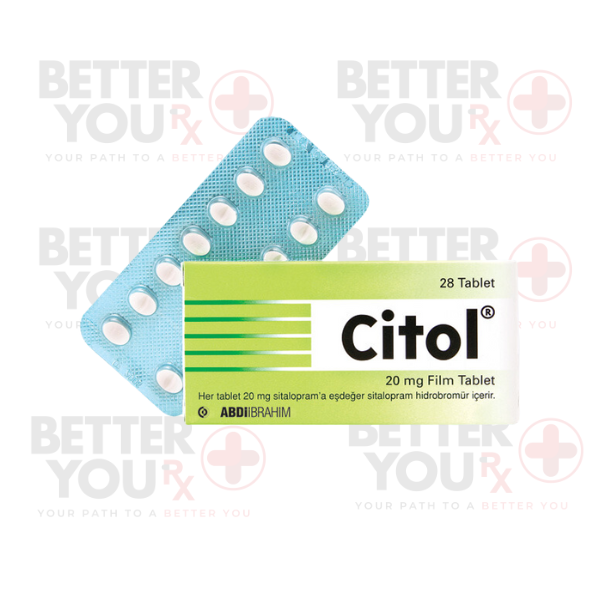

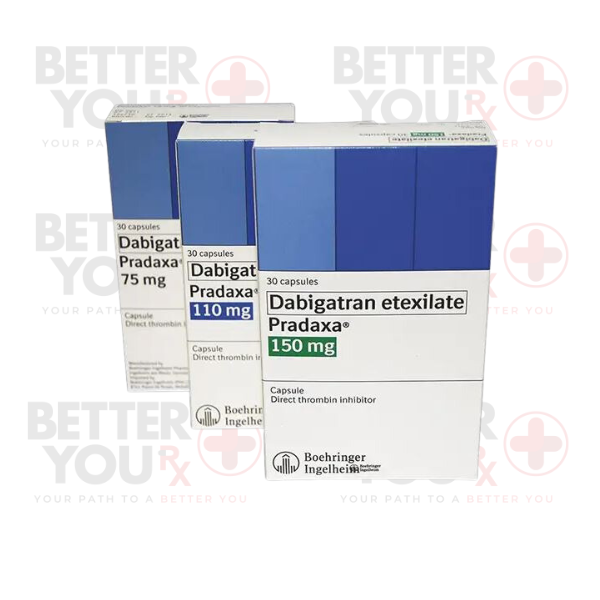
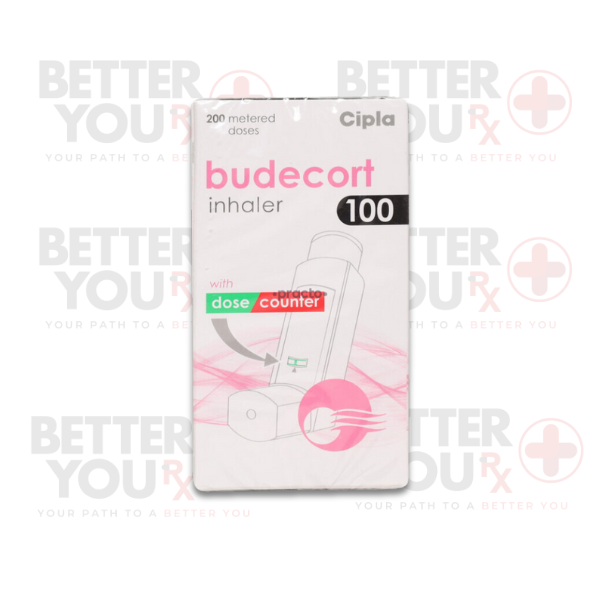

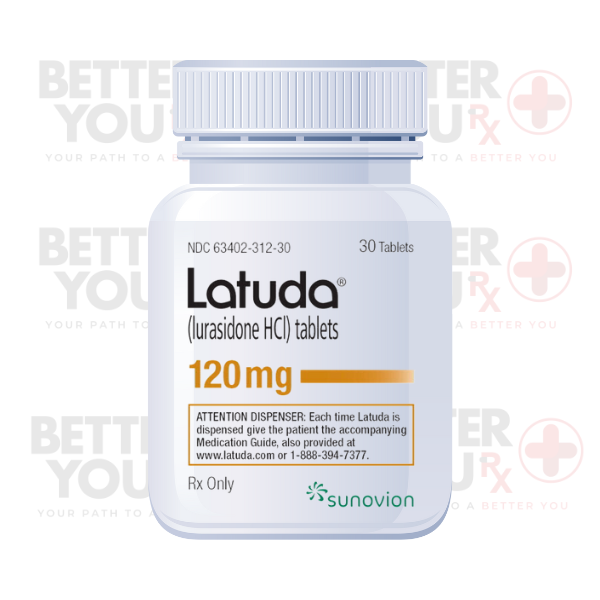
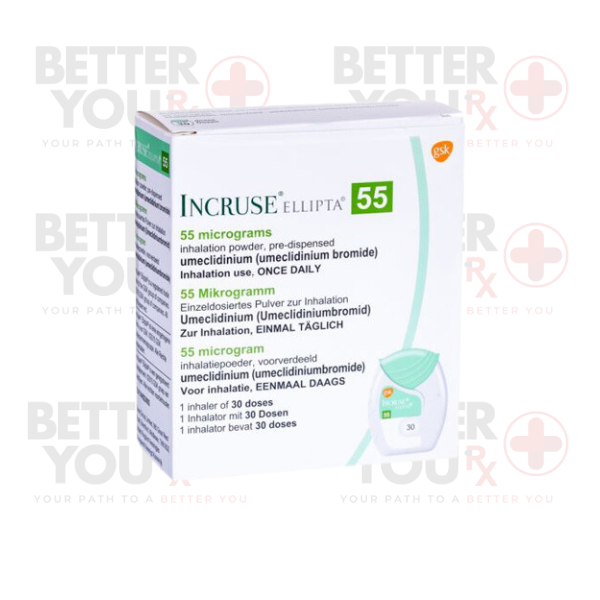
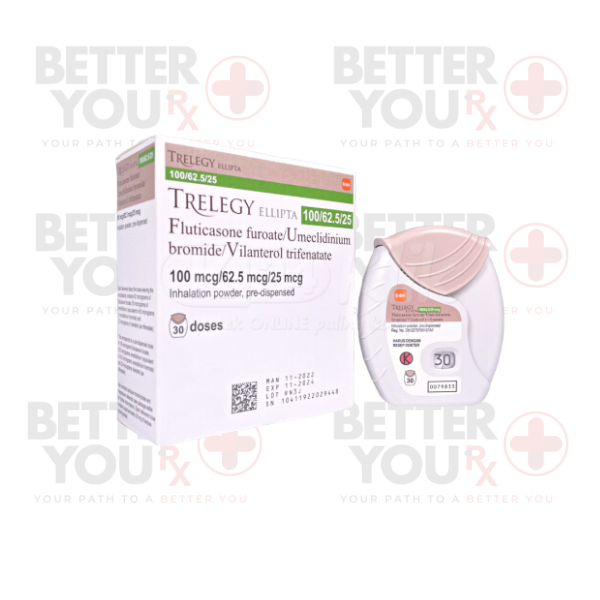
Reviews
There are no reviews yet.